This May celebrates Mother’s Day and continues our acknowledgment of Mental Health Awareness Month, two occasions intertwined with the mission and ethos of La Casa De Las Madres. One of the most common stigmas victims of domestic violence face is the shame of staying in a violent relationship, perpetuated by internalized guilt and a societal culture of victim blaming. Victims of abuse face the ever-present question, “Why did you stay?” which places further responsibility on the victim and disregards the wide-ranging scope of psychological manipulation present within intimate partner violence. Mothers have to face this stigmatization even more, along with the pressures of being a “good mother.”
With the compounded pressure to not expose their children to intimate partner violence, mothers experiencing domestic violence reside at an intersection that needs further research to develop support systems to ensure safety for both women and their children. However, the information already established suggests that mothers who are victims of domestic violence require understanding, empathy, support, and additional care and resources. The available research on maternal domestic violence has found that partners can target mothering as a part of their abuse. Some examples of this include inciting children against their mother, placing children in danger as a means to intimidate, harm, or punish the mother, restricting resources so that the mother can not meet their children’s needs, or abusing the mother in front of their children. The effects of domestic violence at home also result in emotional damage to children and further the cycle of abuse within the household. A study by the NIH found that males who batter their partners batter their children 30% to 60% of the time. 90% of domestic violence victims abuse or neglect their children. Children who witness domestic violence are at an increased risk of PTSD, aggressive behavior, anxiety, impaired development, and academic issues and have a higher incidence of substance abuse.
Pregnant women also suffer from intimate partner violence. In a study published by the National Institute of Health, domestic violence affects approximately 324,000 pregnant women each year and is more common among pregnant women than preeclampsia and gestational diabetes. IPV can directly affect maternal health and can result in insufficient prenatal care, poor nutrition, inadequate weight gain, substance abuse, and increased prevalence of depression, post-traumatic stress disorder, and suicidal ideation. IPV also causes adverse neonatal outcomes, including low birth weight, preterm birth, and maternal and neonatal death.
On a global scale, most women remain primarily responsible in domestic spheres. Caretaking for the children and the household is still considered the “woman’s role” in many societies, despite strides made by feminist thought, culture, and domestic and foreign policy. In a world where we still hold women to the primary responsibility of raising children, we must provide mothers facing IPV with ample resources to gain back their autonomy and security. We must practice destigmatizing mothers who stay in abusive relationships for the sake of their children and their ability to perform their responsibilities as mothers. When considering circumstances of domestic violence, the often narrow conceptualization of intimate partner violence must include the variety of tactics aimed at controlling mothers before and during pregnancy and thereafter.
At La Casa De Las Madres, there are various resources for mothers and their children experiencing any form of IPV. La Casa provides access to emergency shelters, crisis counseling, advocacy, safe housing, and permanent supportive housing. With these resources, both mothers and their children experiencing domestic violence can make strides toward the development of their emotional well-being as well as their independence and autonomy.
Written by: Lexi Kleinberg



